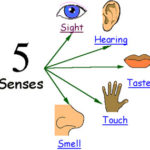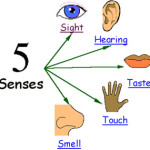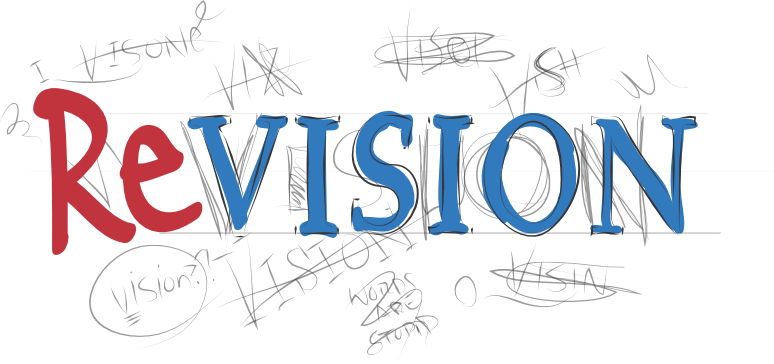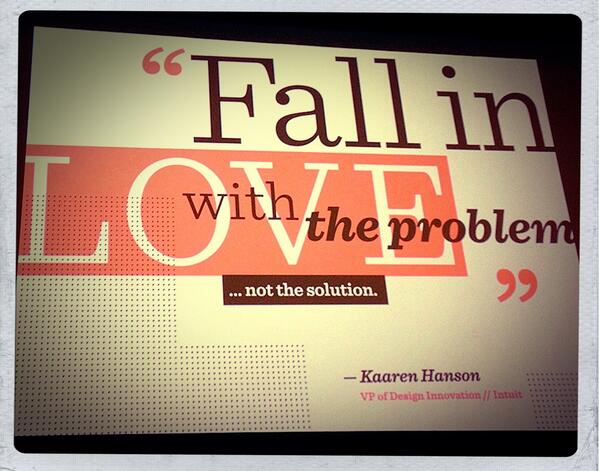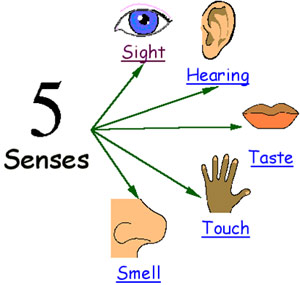“The real question is not whether life exists after death. The real question is whether you are alive before your death.”
—Osho, Mystic Guru and Spiritual Leader

Image from znanje.org
Over twenty years ago I attended a seminar with almost 200 other people. The session leader posed the question:
Why do most people wake up in the morning?
After the audience provided all the expected responses such as to go to work, or to start the new day, he shared his own thought, which was:
People wake up in the morning because they did not die in their sleep.
When the shock of his answer dissipated from the audience, we began a most interesting and engaging inquiry into what it means to be fully alive. Common aspects of being “fully alive” included traveling, learning, extraordinary relationships, spiritual pursuits, and making a bigger difference in the world.
EXERCISE:
What adjustments and changes are you willing to make in your life to cause you to enthusiastically and energetically bound out of bed each morning?
What one action will you take immediately to build this into a life-changing habit?

